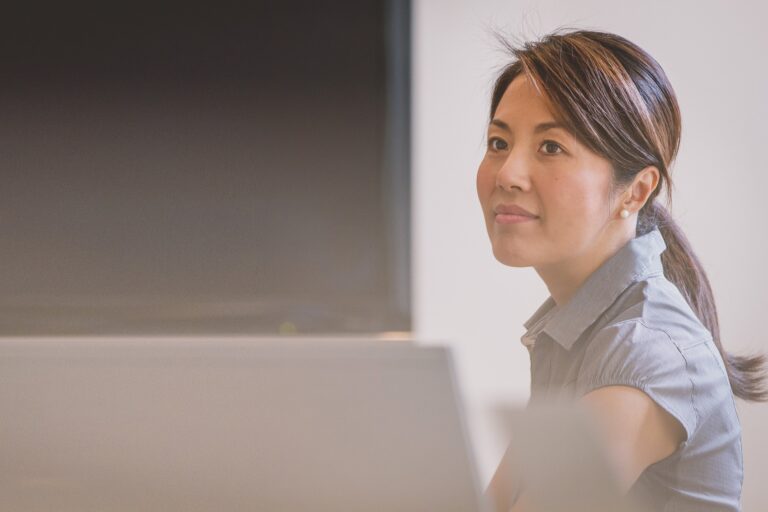Transformational change occurring within primary care
Primary care and its delivery of patient care and services has been transformed in the space of just a few weeks. Adjusting to new ways of working amidst a global pandemic takes a considerable toll on the physical, intellectual and emotional well-being of front-line staff.
The BMA and RCGP created workload prioritisation guidance to reassure practices during the COVID-19 outbreak that they can delay routine work while coping with changes on an unprecedented scale.
Despite managing the initial impact on GP surgeries during the last 8-10 weeks of the pandemic, many doctors wonder how they will cope with a potential spike in demand following COVID-19.
Increased demand could overwhelm practices as they continue to manage the ongoing care of shielded patients and those who have yet to present their symptoms and have kept away from GP surgeries during the outbreak.
How technology is helping
Primary care has accelerated its adoption of online and digital tools from the utilisation levels seen before the outbreak. Overnight, GPs started conducting three out of four consultations by video or telephone. Digital processes have been implemented with lightning speed to minimise human contact.
The desire to protect staff and patients has driven innovation. Healthcare technology suppliers have helped where they can, designing new digital services to help relieve the pressure, often for free.
Practices and federations are realising the benefits of digitised processes such as e-consultations, patient text messaging and outsourced medical reporting services.
The suspicion or reluctance that can sometimes prevent digital adoption has been replaced with a drive to do whatever it takes to keep people safe. There are daily discoveries of new, efficient ways of working that save valuable time and use resources more effectively.
Sustaining the digital journey
So what happens when some degree of normality returns, whatever that may look like? Technology and its role in patient care will be part of the ‘reset’ debate because we’ve discovered that when the world is catapulted out of its comfort zone, we can adapt. We can make changes and see results quickly. Hopefully, this outlook will continue into our post-COVID future, trusting technology to create a more effective primary care system and an improved patient experience.
A positive outlook
Our collective ability to adapt and persevere through this world pandemic has been impressive. There have been mistakes, misinformation and confusion along the way, but as a nation, we are pulling together in a direction not experienced since the Second World War.
So, when we look back at the extraordinary events of 2020, will we remember a time when the world stopped, we looked up and crisis-managed the situation, only to return to the old ways of doing things and viewing our society? Or will this indeed be a documented point in history which changed the way we live and work, as well as allowing us to re-calibrate our moral compass?










